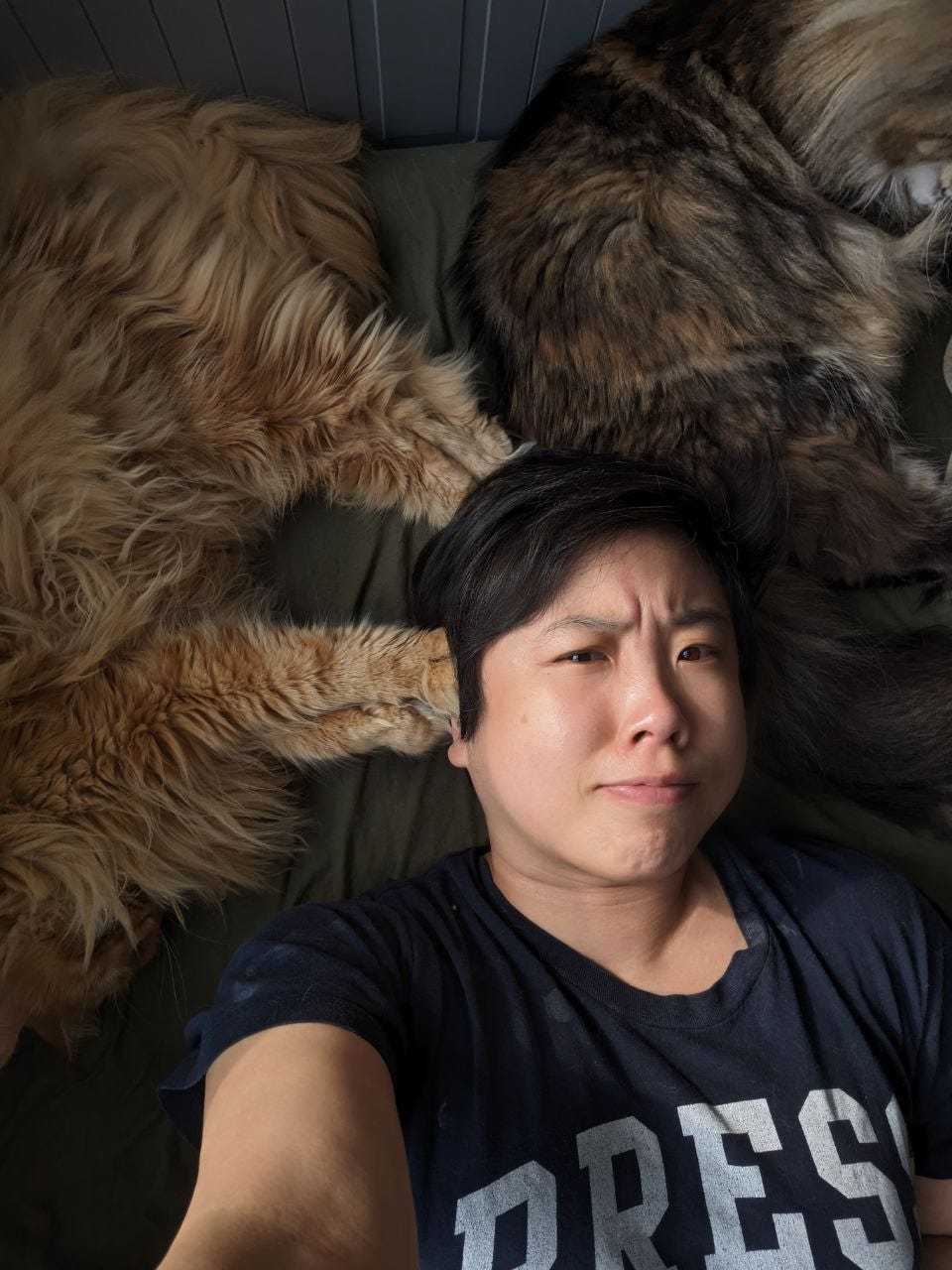Immortal is the Heart
I’d wanted to talk today about suicide prevention and the process of recovery as someone who deals with ideations, but today feels like a late evening in a house with bolted doors and a crackling fireplaces; I can hear the black dog baying outside, pacing the property, but I don’t want to give him thought for the moment. Tomorrow, maybe. Next week, maybe. But right now, I want to tell you about a story.
I don’t usually write about my short stories but this one is especially special to me. When Indrapramit Das asked if I’d be interested in contributing to the Deep Dreams anthology he was editing for MIT (yes, that MIT), I knew pretty much instantly what I wanted to write. I wanted to write something to honor the librarians in my life (in particular, my sister-from-another-mother Jana), the many archivists (hi, Jeremy!) I know, and also the Lonely Funeral Project.
The idea behind the project is a simple one. Sometimes, there are people who die unclaimed by the living, whose deaths become the responsibility of a city: their names forgotten, their lives unknown. A poet from The Lonely Funeral Project tries to mitigate the utter desolation of that a little by researching the life of the anonymous dead so they can compose a poem before reading their work at the eventual burial. A eulogy, a remembrance, a kindness for someone long past its reach.
As the world plummets into climate apocalypse, it got me thinking about what else we might find ourselves trying to remember, and I found myself thinking about all the small nameless towns I’d road-tripped across in my twenties. How many of them would be obliterated by a future cataclysm? How many would just be bones in the dry dirt?
‘Immortal is the Heart,” my story in the anthology, is probably the most optimistic thing I’ve written despite everything I’d just said. I didn’t want to imagine a dead world. I wanted to admit a resurrecting one, filled with pockets of survivors who are doing everything they can to put it all back together. And when I decided on the setting, it became clear to me who’d be the ones to spearhead the initiative: librarians, archivists, gardeners.
So, in this version of my future, I had The Lonely Funeral Project inspire a whole movement of archivist poets who travelled between dead cities and forgotten towns, using repurposed military robots for protection and to scout out data banks. And in this story, one in particular, a Starik by the name of Gerard finds himself in a nameless town with a library haunted by the love of its custodion.
I consulted my most wonderful darling Jana on this, asking her what she’d do in this situation, how she’d organize a library if time was limited, what she’d ask of people, what notes she’d leave behind. (Every wise thing in this story was her gentle contribution.) And it makes me happy to think that at least in this version of our future, what is left behind is love. Boundless, selfless love. Not just for the world and knowledge, but for the queer kids who find themselves having to make their way in a strange new earth.
(The story plays too with my thoughts of legacy and what constitutes a good death, what survives the mortal flesh and our actions ripple across time.)
It’s also an aggressively trans story, because I cannot and do not want to imagine a future where my trans brothers and sisters not only survive, but also thrive despite all odds. (Because why the fuck not? Aren’t we already doing that?)
Anyway, the anthology comes out the same day as, oddly enough, What Doesn’t Break and I’d love for you to pre-order either or both?!


I'm very sorry to hear that you have a Black Dog lurking nearby and trying to become/remain your own, but always glad to hear about how you are and what you've been doing.
Your story sounds wonderful and healing, and it sounds like you find it that way as well. ^_^
I can't wait. It sounds absolutely wonderful, Cassandra!